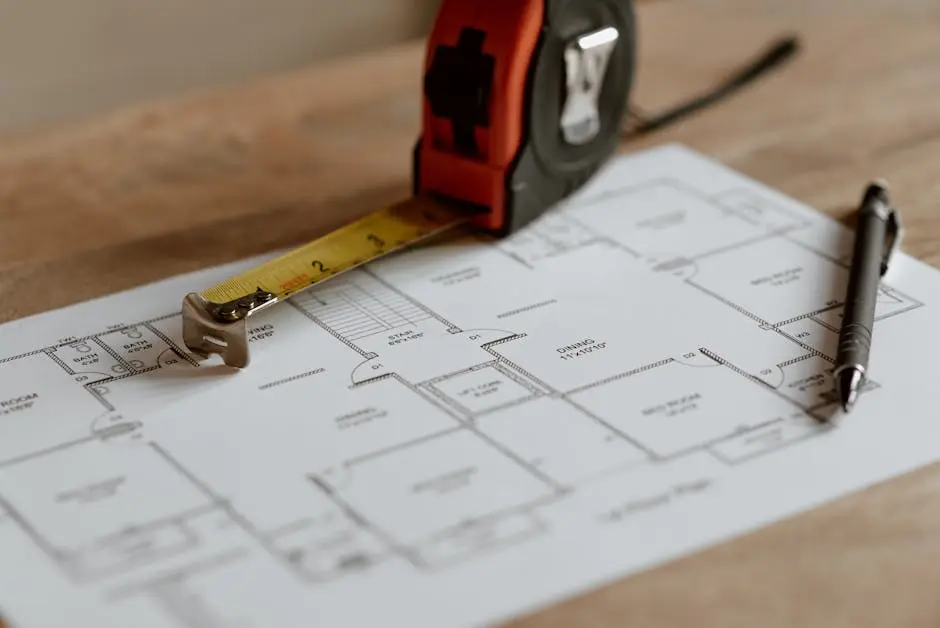1. The Foundation of Precision Engineering
Precision engineering serves as the cornerstone of modern product development, ensuring accuracy and reliability in the manufacturing process. Without a solid foundation built on precise measurements and exact specifications, the entire product could be compromised. Precision engineering not only focuses on the end product but also emphasizes the intricate details that contribute to its overall quality and performance.
At the heart of precision engineering lies the quest for perfection. Every component, every measurement, and every material choice is made with the goal of achieving the highest level of accuracy. This meticulous attention to detail sets the stage for successful product development, where even the smallest deviation can have a significant impact on the final outcome. Precision engineering provides the framework for excellence in design and manufacturing.
One of the key aspects of precision engineering is the use of advanced technologies to enhance precision and efficiency. From computer-aided design (CAD) software to advanced machinery and robotics, technology plays a vital role in ensuring that every aspect of the product development process is finely tuned. By harnessing the power of technology, engineers can push the boundaries of what is possible, creating products that exceed expectations in terms of quality and performance.
2. Optimizing Design for Manufacturing
Designing with manufacturing in mind is a crucial step in the product development process. Precision engineering dictates that the design should not only be innovative and functional but also optimized for efficient production. By considering manufacturing constraints and requirements early in the design phase, engineers can streamline the production process, reduce costs, and improve overall product quality.
Anchored in the principles of precision engineering, design optimization involves fine-tuning every aspect of the product to ensure seamless manufacturability. This means evaluating material choices, structural integrity, and assembly processes to eliminate potential pitfalls that could hinder production efficiency. Through a holistic approach to design optimization, engineers can create products that are not only well-designed but also easy to manufacture at scale.
Incorporating Design for Manufacturability (DFM) principles into the design process is essential for minimizing production errors and maximizing efficiency. By considering factors such as material selection, part complexity, and assembly methods, engineers can preemptively address manufacturing challenges, leading to a smoother production experience. DFM goes hand in hand with precision engineering, ensuring that the design meets not only functional requirements but also manufacturing feasibility.
3. Utilizing Advanced Materials and Technologies
Precision engineering thrives on innovation, and that includes the use of cutting-edge materials and technologies. By leveraging advanced materials such as composites, alloys, and polymers, engineers can enhance product durability, strength, and performance. These materials offer advantages such as lighter weight, higher tensile strength, and increased corrosion resistance, making them ideal choices for demanding applications.
Technology plays a pivotal role in modern product development, driving advancements in manufacturing processes and product performance. From additive manufacturing techniques like 3D printing to smart materials that respond to external stimuli, the possibilities are endless. By staying at the forefront of technological advancements, engineers can push the boundaries of what is achievable, resulting in products that are not only efficient but also innovative.
The integration of new materials and technologies into product development requires a strategic approach that balances risk and reward. While novel materials can offer enhanced properties, they also come with challenges such as higher production costs and limited availability. Precision engineering guides the selection and implementation of advanced materials and technologies, ensuring that the benefits outweigh the potential drawbacks, ultimately leading to superior products.
4. Implementing Robust Quality Control Processes
Quality control is a critical component of precision engineering, ensuring that every product meets stringent quality standards. By implementing robust quality control processes throughout the product lifecycle, manufacturers can identify defects early, prevent issues downstream, and deliver products that meet or exceed customer expectations. Quality control is not just about catching errors but about proactively maintaining high standards at every stage of production.
Anchored in the principles of continuous improvement, quality control processes aim to identify areas for enhancement and optimization. By collecting and analyzing data from every stage of production, engineers can pinpoint potential weaknesses in the process and take corrective action swiftly. This data-driven approach to quality control allows companies to iterate on their processes, driving efficiencies and improving product quality over time.
The integration of technology into quality control processes has revolutionized the way manufacturers ensure product quality. From automated inspection systems to real-time monitoring and feedback mechanisms, technology enables a proactive and data-driven approach to quality assurance. By leveraging technology in quality control, companies can streamline processes, reduce human error, and deliver consistently high-quality products to the market.


